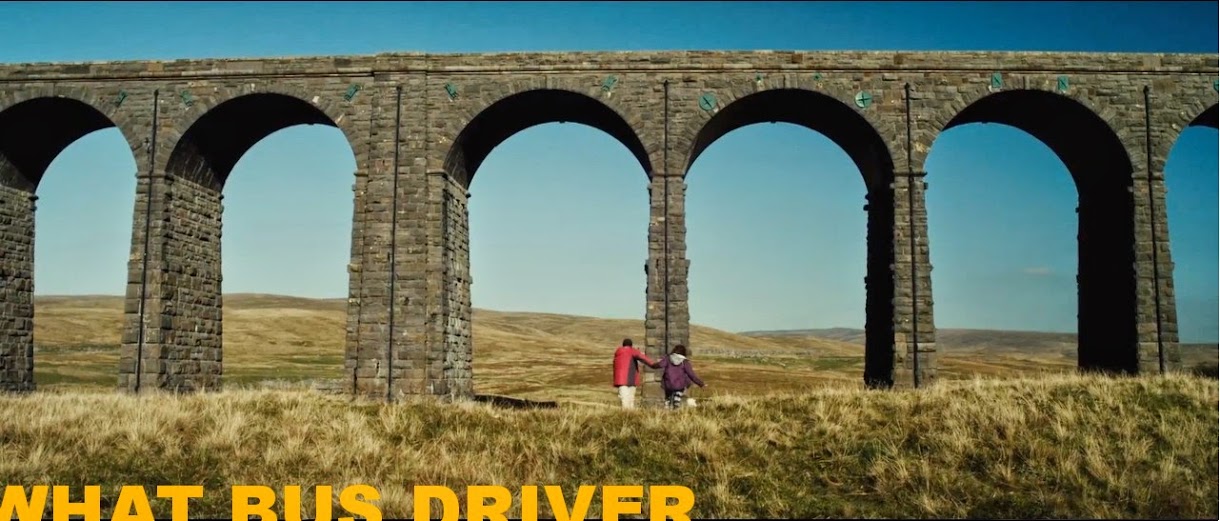 Post Tsunami, the film concentrates on the survival of Naomi Watts' Maria and her son Lucas (Tom Holland), completely leaving the fate of the rest of the family hanging in balance. Continuing the grim mood it began with, the film made my insides queasy with some horrific visuals. It never ignored a chance to make us flinch by dwelling on Maria's wounds. When we finally do get to see Henry, the reveal, which clearly appears to have been constructed to elicit a surprise, fails to leave the desired effect, as we consume it just as any other piece of information. Soon after his arrival, the film slipped into a family drama territory.
Post Tsunami, the film concentrates on the survival of Naomi Watts' Maria and her son Lucas (Tom Holland), completely leaving the fate of the rest of the family hanging in balance. Continuing the grim mood it began with, the film made my insides queasy with some horrific visuals. It never ignored a chance to make us flinch by dwelling on Maria's wounds. When we finally do get to see Henry, the reveal, which clearly appears to have been constructed to elicit a surprise, fails to leave the desired effect, as we consume it just as any other piece of information. Soon after his arrival, the film slipped into a family drama territory.
It's a film with a big, beating heart. It tugs at your heartstrings at every given opportunity and often succeeds. Unlike Hotel Rwanda, which had me bawling on the floor as the chorus part of Million Voices started playing, I was relatively restrained here. I still found myself wiping a tear or two at no less than 5 occasions; that's a remarkable feat.
The Impossible carefully chooses to offer a small sense of victory in the face of a mammoth loss. Like Schindler's List, there's nothing much to celebrate when you look at the bigger picture. There's a bit of manipulation in this regard, and I didn't find myself caring for most of the other people out in search for their families. But one particular scene worked brilliantly, coming at a point when the movie had basically come to screeching halt, as young Lucas went around asking names of missing family members to the survivors. It's moments like these that makes movies reaffirm your faith in humanity.
If this film was not based on true incidents, I surely would have scoffed at the ludicrous coincidences in the story. But since the film so visibly wears its defense around its neck with a title such as that, I will rest my case right here.
The entire Tsunami sequence was done really well. I had little idea how very fatal the debris could turn in the circumstance. Recreating the scenes we all witnessed on our television, the visual effects worked incredibly. In the end, as if attempting to provide the audience with enough bang for their buck, the film re-uses its money shot, this time to little effect.
Though the film only attempts to focus on this one family's true story of survival, it essentially ignores the fate of the countless natives. Even when it turns its attention to others, the others are always white people. There's something about this bias that's very, very disturbing.
